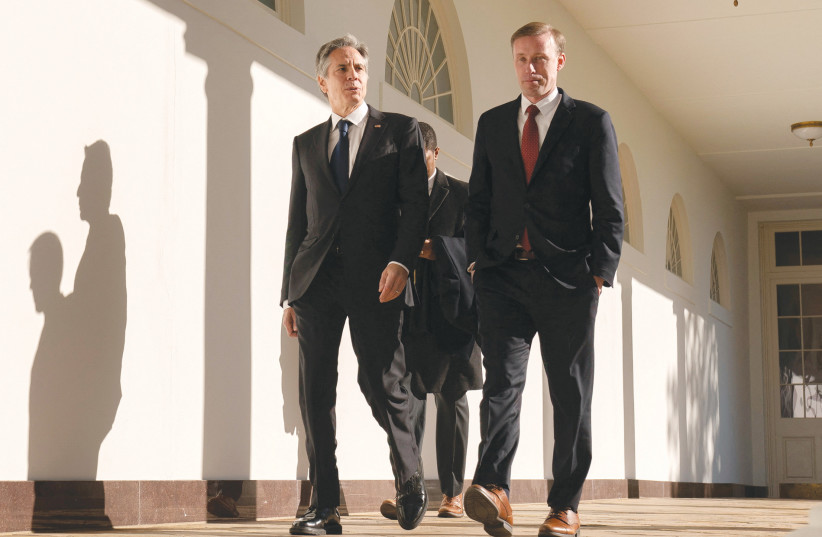
Trusting the US Isn’t the Point; Political Achievements Are More Important
(Taiwan) on 20 January 2023
by (link to original)
Croatia isn’t the first EU member country to reflect on the Russia-Ukraine war and intentionally make different choices. Last November, the EU proposed an aid package for Ukraine totaling 18 billion euros (approximately $19.6 billion) that Hungary opposed. Because all EU members must approve of aid packages, Hungarian opposition blocked the plan.
Despite outside speculation that Hungary’s opposition to the Ukrainian aid package was due in part to the fact the EU froze 7.5 billion euros in funding for Hungary, Hungary has never approved of the U.S.-led policy on the Russia-Ukraine war. Hungarian Prime Minister Viktor Orbán has repeatedly warned that EU sanctions on Russia are like shooting yourself in the chest and suffocating Europe’s economy.
Recently elected chairman of the Democratic Progressive Party, Taiwan’s Vice President Lai Ching-te said, “We cannot let doubt about the U.S. become the public consensus.” Outside of Taiwan, people believe that Lai, who has ambitions for the general 2024 election, will continue President Tsai Ing-wen’s policy of adhering to the U.S. Accordingly, he is not entertaining any doubts about America in Taiwan.
Regardless of its independence, the Republic of China has the power to establish foreign policy in its own interest. Actually, from the perspective of international and regional development, we should reexamine the policy of blindly following the U.S as international politics and economics tend to do. As for the Southeast Asian countries surrounding Taiwan, Singapore Prime Minister Lee Hsien Loong has repeatedly said, as everyone knows, that while serious tension between China and the U.S. pose a great risk, “Singapore cannot choose sides between the U.S. and China.” At the beginning of this month, Philippine President Bongbong Marcos visited China. In a joint statement, the two countries indicated that as long as conflicts can be resolved peacefully, they will establish direct communication channels between their foreign offices regarding the issue of the South China Sea. Both parties also signed 14 bilateral agreements.
The issue of the South China Sea has always been a source of tension between China and certain Southeast Asian countries. Vietnam has consistently engaged in the toughest and most intense conflicts with China over this issue. At the end of last October, China welcomed General Secretary of the Communist Party of Vietnam Nguyễn Phú Trọng and the two countries issued a joint statement on strengthening and deepening their comprehensive strategic partnership. This has made it possible for China and Vietnam to adopt a principle that Beijing has long promoted of setting aside differences and promoting joint development regarding the South China Sea. America’s attempt to use the South China Sea to divide China and ASEAN countries has thus suffered a setback.
European countries that blindly follow the U.S. have begun to express different opinions in the face of real economic interests. The Netherlands, which owns the lithography machine manufacturing factory ASML, was the first to do so. Recently, the Netherlands asserted it would not immediately accept America’s new stipulations restricting chip manufacturing technology exports to China. Dutch Trade Minister Liesje Schreinemacher stressed that in spite of pressure from the U.S., “we will not easily give in and sign.”
Twenty-seven members of the EU will meet next month to discuss the Made in Europe industrial policy proposed by France, as well as the Net-Zero Industry Act proposed by European Commission President Ursula von der Leyen in response to President Joe Biden’s Inflation Reduction Act last year, which has seriously impacted the European economy, industry and capital. Von der Leyen said that Europe must develop trade and cooperation relationships with China over technologies related to clean energy. She stressed that Europe should not “decouple from China, the world’s second largest economy.”
Whether it’s Lai Ching-te or Tsai Ing-wen, rulers with power don’t need to ban debate over issues such as whether to trust the U.S. The people are really hoping he government will create development opportunities for Taiwan and improve the well-being of its people.

